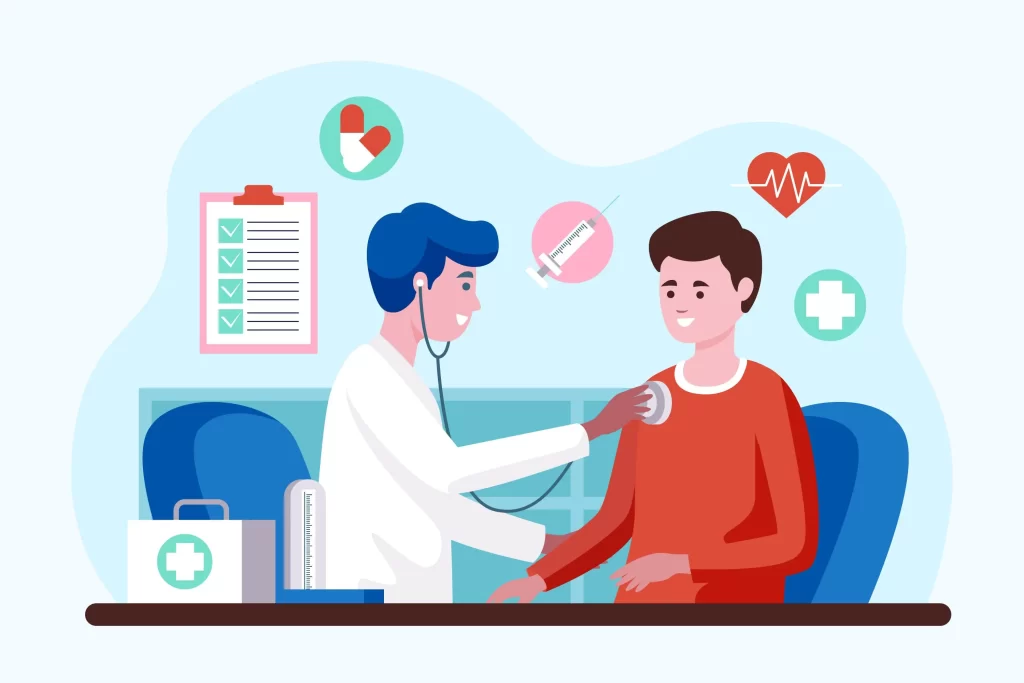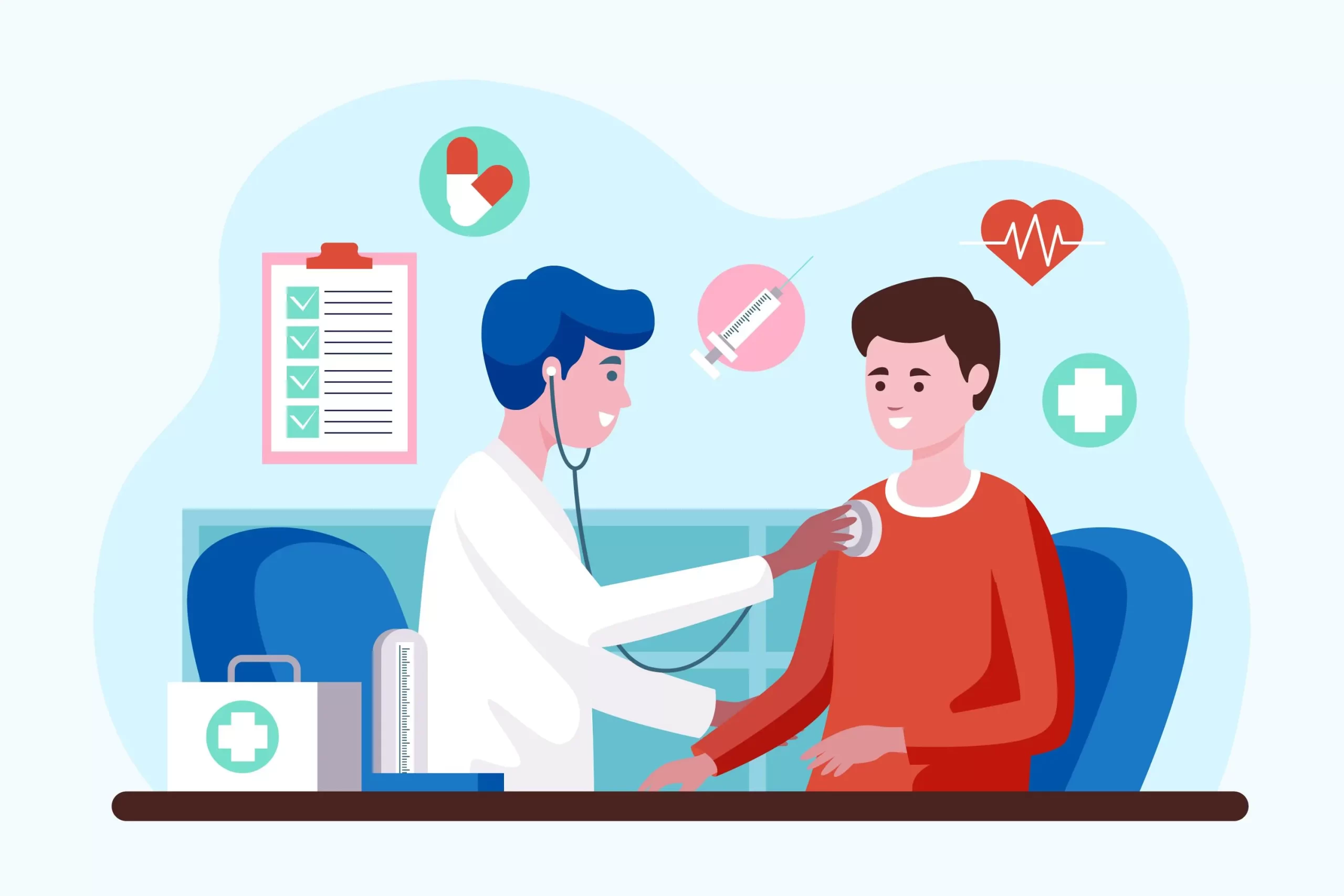
Overview
Regular health check-ups are essential for maintaining optimal health and well-being. They allow for early detection of diseases, prevention of health issues, and management of chronic conditions.
According to the World Health Organization (WHO), regular medical check-ups are a critical component of preventive healthcare, enabling individuals to stay informed about their health status, receive timely medical advice, and adopt healthier lifestyles.
WHO’s Perspective on Regular Health Check-Ups
The World Health Organization emphasizes that regular health examinations are crucial for identifying risk factors, diagnosing health issues at an early stage, and providing individuals with the necessary tools and knowledge to manage their health.
The WHO advocates for routine screenings and check-ups as part of a comprehensive approach to healthcare that promotes overall well-being and reduces the burden of diseases on individuals and healthcare systems.
Who Needs Regular Health Check-Ups?
Regular health check-ups are important for everyone, but certain groups particularly benefit from them:
- Children and Adolescents: To monitor growth and development, update vaccinations, and address any early signs of health issues.
- Adults: To screen for common health problems, maintain a healthy lifestyle, and detect diseases like hypertension, diabetes, and cancer early.
- Elderly Individuals: To manage chronic conditions, monitor medications, and assess overall health status.
- Individuals with a Family History of Certain Diseases: To keep track of potential hereditary health issues and take preventive measures.
- People with Pre-existing Health Conditions: To manage and monitor their conditions effectively.
The specialists at Akshar Imaging Centre, Ahmedabad, reveal 10 vital reasons why you should make regular health check-ups a part of your routine.
- Early Detection of Diseases
Regular check-ups help in catching diseases like cancer, diabetes, and hypertension at an early stage when they are most treatable. Early detection often leads to better outcomes and less aggressive treatments.
- Preventative Healthcare
Preventive measures, including vaccinations, lifestyle advice, and regular screenings, can stop many health issues before they start. Routine check-ups provide the opportunity to implement these measures and maintain overall health.
- Monitoring Existing Health Conditions
For individuals with chronic conditions, regular health check-ups are vital to ensure that their condition is under control. This includes adjusting medications, evaluating treatment effectiveness, and preventing complications.
- Identifying Risk Factors
Regular check-ups can reveal risk factors for various diseases, such as high blood pressure, high cholesterol, or a family history of certain conditions. Identifying these risk factors early allows individuals to take proactive steps to mitigate them.
- Maintaining a Healthy Lifestyle
Healthcare providers can offer personalized advice during check-ups, encouraging healthy habits like balanced nutrition, regular exercise, and smoking cessation. These recommendations help individuals maintain a healthy lifestyle and prevent diseases.
- Reducing Healthcare Costs
Preventive care and early detection of diseases often result in lower healthcare costs over time. Treating conditions early or preventing them altogether is usually less expensive than managing advanced diseases.
- Mental Health Monitoring
Regular check-ups include assessments of mental health, which can help identify conditions like depression and anxiety. Early detection and treatment of mental health issues are crucial for overall well-being and can prevent more serious problems
- Building a Relationship with Healthcare Providers
Consistent visits to the same healthcare provider help build a strong doctor-patient relationship. This relationship fosters trust and open communication, making it easier to discuss health concerns and follow medical advice.
- Updated Medical Records
Keeping medical records up to date ensures that healthcare providers have accurate information about your health history, vaccinations, allergies, and current medications. This is particularly important in emergencies and for coordinated care.
- Peace of Mind
Regular health check-ups provide reassurance that you are in good health or managing conditions effectively. Knowing that you are actively monitoring your health can reduce anxiety and improve your overall quality of life.
Conclusion:
Regular health check-ups are a cornerstone of preventive healthcare, offering numerous benefits that contribute to overall well-being. As emphasized by the World Health Organization, these routine examinations are essential for early disease detection, prevention of health issues, and effective management of chronic conditions. They are important for everyone, especially

